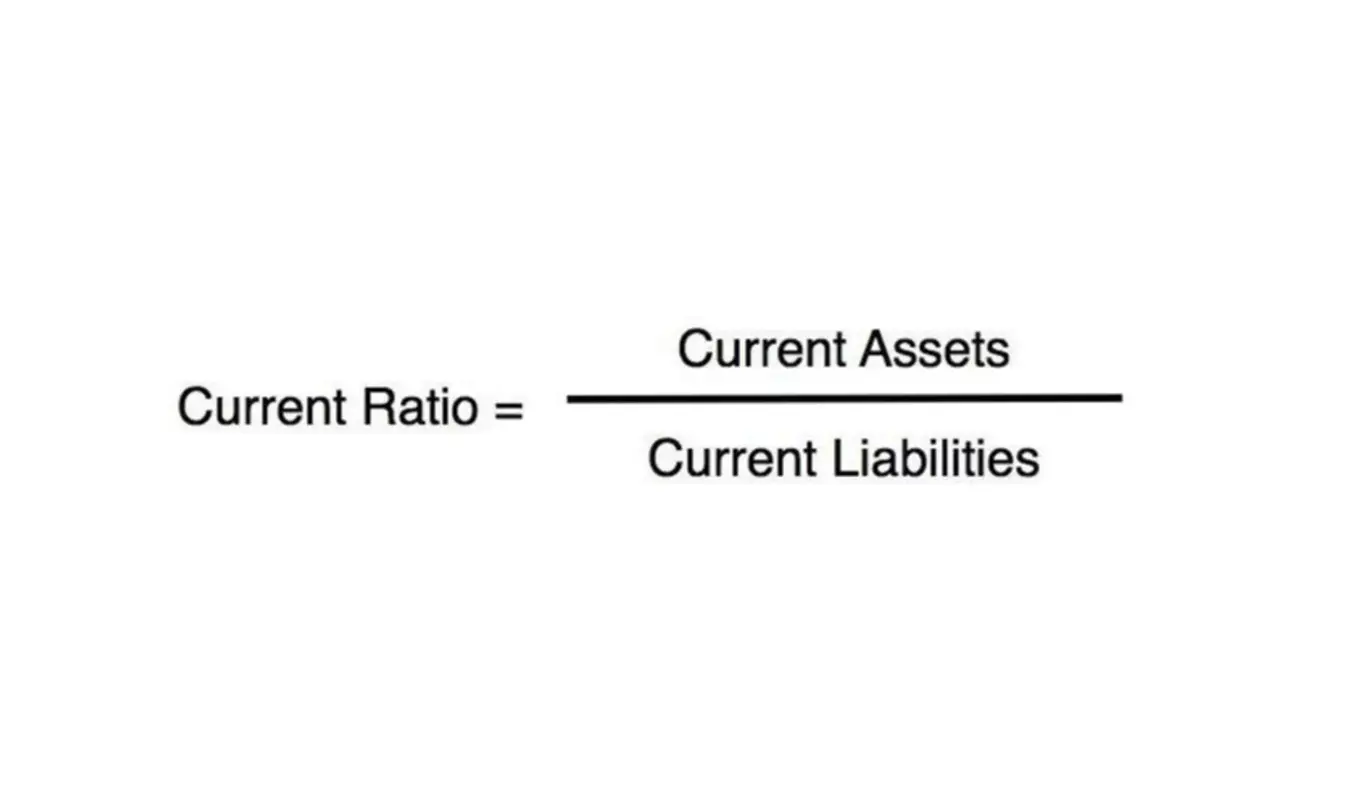Content

For example, one hotel may want to be the low-price, no-frills, clean alternative, while another may decide to be the superior quality, high-price luxury hotel with many amenities. Obviously, to be successful, either of these businesses must determine the goals necessary to meet their particular strategy. Senior management make medium-term, more detailed plans for the next year, for e.
- Merchandising companies do not use a schedule of raw materials placed in production or a schedule of cost of goods manufactured, and they use a merchandise inventory account instead of a finished goods inventory account.
- In Chapter 2 “How Is Job Costing Used to Track Production Costs?”, we look at an alternative approach to recording manufacturing overhead called normal costing.
- Another goal of a managerial accounting system is to make work flows and processes more efficient and effective.
- Accounting for current, standard and prospective costs; analysis and communication of cost data at all levels of management with the organization.
Costs incurred to obtain customer orders and provide customers with a finished product. Follow the policies of the organization involving the resolution of ethical conflicts. Using Figure 1.2 “IMA Statement of Ethical Professional Practice” as a guide, discuss your options as the accountant at Drive Write.
Reports
Merchandisers purchase goods from suppliers instead of manufacturing goods. The cost of these purchases from suppliers is often called net purchases in the income statement, in contrast to cost of goods manufactured in a manufacturer’s income statement. The net purchases line consists of purchases, purchases returns and allowances, purchases discounts, and freight in. An account used to record the cost of materials not yet put into production.
What is managerial accounting?
Managerial accounting refers to the process of collecting and analyzing a business’s financial information as well as contextual data and preparing reports for internal management. The purpose of managerial accounting reports is to support and guide planning and operational management activities.
managerial accounting may be routine or prepared for a specific purpose (e. one-off decisions). To ensure the financial security of the company’s assets through effective internal controls and adequate insurance coverages. Used to ensure reliable accounting, protect assets, uphold company policies and promote efficient operations. Risk management, i.e. formulating a workable framework for the identification, measurement, management and reporting of risks in such a way as to achieve the objectives of the company. To qualify for the certification, you’ll need at least a bachelor’s degree and two years of experience in accounting. You’ll also need to pass a two-part exam, hold a membership with the Institute of Management Accountants and adhere to ethical standards.
What are the functions of managerial accounting?
The key difference between managerial accounting and financial accounting relates to the intended users of the information. There are several limitations of managerial accounting worth noting. One limitation is that the information provided by managerial accounting is only as good as the data that is inputted into the system. This means that if there are errors in any of the data, then the information that is produced will also be inaccurate.
- The person responsible for confirming that controls within the company are effective in ensuring accurate financial data.
- In that case, Management accounting might be the right job for you.
- As such, there can be a significant amount of flexibility in the types of information that managerial accountants provide as well as how this information is presented.
- Management accounting, like accounting, as an accounting service to management through its .various functions, has to employ several tools, techniques, and methods.
- It is separate from financial accounting, which focuses on providing information to shareholders and other external parties.
- As a result, management accounting plays an important strategic role in businesses.
The accounting data is analyzed meaningfully for effective planning and decision-making. For this purpose, the data is presented in a comparative form, Ratios are calculated, and likely trends are projected. Management accounting serves as a vital source of data for management planning. The accounts and documents are a repository of a vast quantity of data about the past progress of the enterprise, which is a must for making forecasts for the future. Assisting in the design of new products by accumulating the costs of new designs, comparing them to target cost levels, and reporting this information to management.










